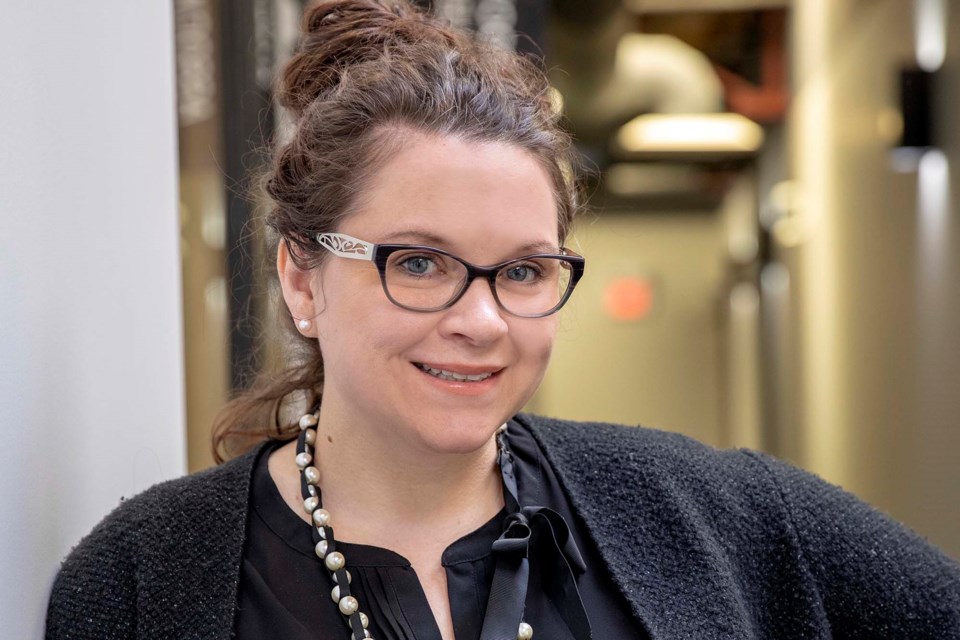The definition of disability is as follows, as per Oxford Languages: a physical or mental condition that limits a person's movements, senses, or activities.
Whether an Albertan has a physical or an invisible disability, navigating the supports can be challenging or near impossible. Understanding what services you can access seems pretty simple, but actually qualifying for them is not. Add on language, educational, and historic trauma barriers and we have thousands of people who can't.
Let's try to address it but keep in mind this is just the surface.
First you need a doctor, which sounds pretty simple, but it's tougher to find one for a lot of families today. Then you actually need a doctor who can fill out the disability forms, or who wants to and is willing to send you to a specialist for a true diagnosis. I'm lucky with my own doctor and my son's pediatrician, but many are not. Many can't find a doctor, and diagnosis for an invisible disability could take up to two years or more.
If you are lucky to have a diagnosis, you then must learn what's available and advocate for or fight for it, prepare to be denied supports, and appeal, and know what you're asking for. If you haven't lost the wind in your sails, you better bring snacks, energy drinks, and a strong ally or advocate. Just kidding, but it would help.
Essentially, you'll need to talk about how horrible it is to be disabled and beg for assistance that's set up to support you or your loved one.
You'll learn the system isn't set up to be proactive, it's reactive and if you're a parent to a child with a disability, you'll have to keep the great parts of your beautiful child to yourself.
You'll learn medications, supplies, and respite/care are not always covered, and you'll be constantly resourcing, working, and running up the sand hill to create a normal life for you and your loved ones. You'll be that parent who calls up a drug company to tell them you love the drug your child uses but you and many can't afford it and you'll ask for help, and you might get it!
If you're an adult with a disability, you'll likely end up fighting for equality, your right to work, your right to safe housing and transportation. You'll have to prove your independence and assert yourself or your guardians should because you have a right to a meaningful life — the life you deserve.
I'm concerned as a parent. I'm concerned as an ally and a voice for Albertans. We have limited doctors, high medical needs, a new school curriculum that I'm not sure where my son fits in right now, lack of employment for people with disabilities, higher living costs, lack of safe affordable housing and access to transportation.
So, what's the answer Alberta? Nothing about us, without us.
Katie Suvanto is a mother of three whose oldest son was born in St. Albert. She is exploring her Indigenous heritage and raising a child who lives with autism.



